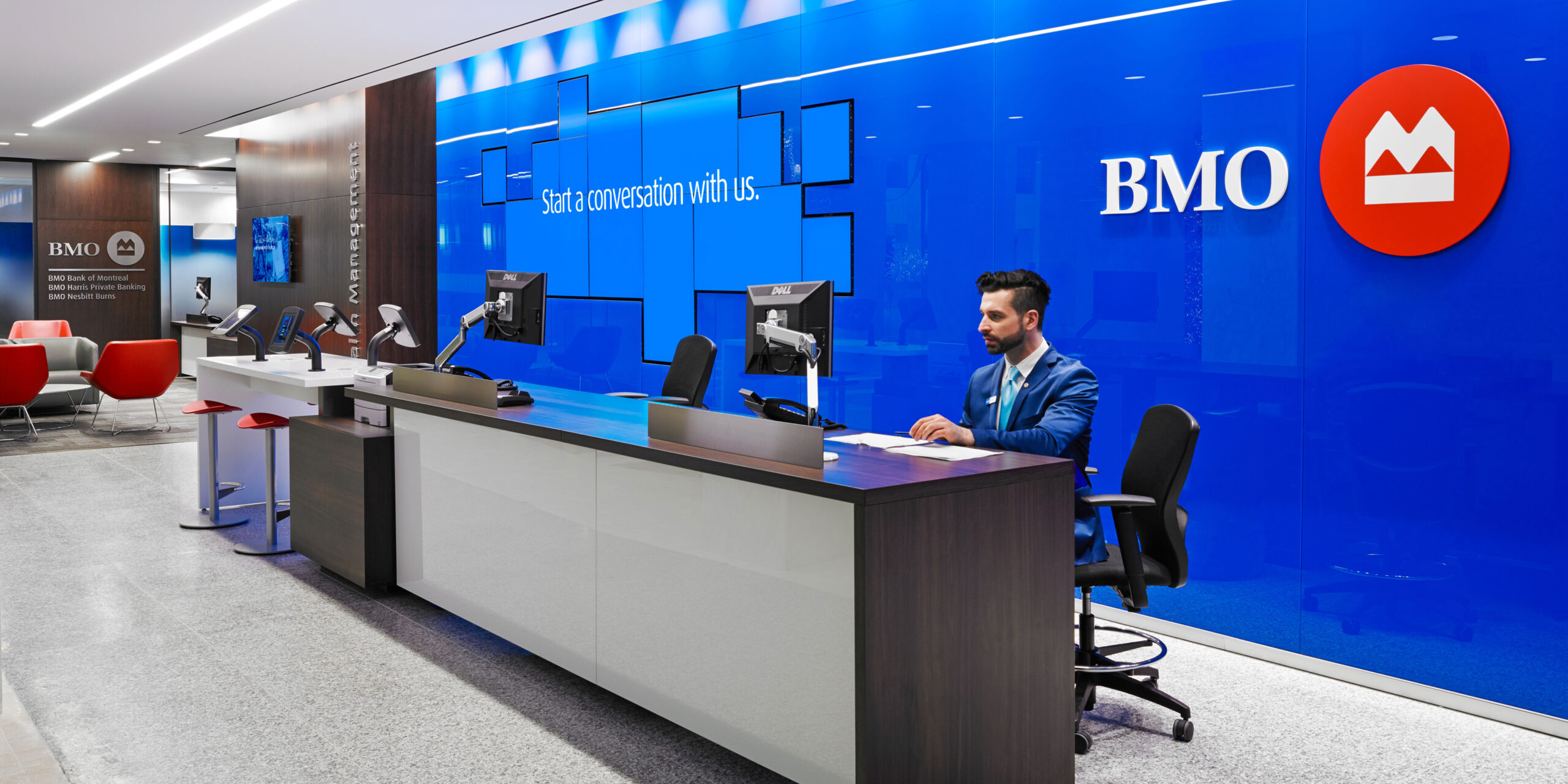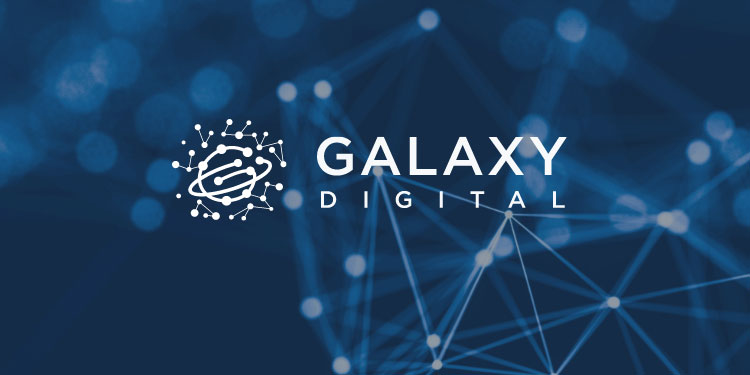Though blockchain technology can potentially improve healthcare digitalization, adoption is hampered by privacy concerns
Beyond cryptocurrencies, blockchain technology is now implemented in various other contexts, including decentralized databases whose security and transparency can prevent forgery.
The capacity to safeguard data is especially advantageous in the healthcare industry, where blockchain technology can empower patients to exercise greater control over their data, improve data integrity, and secure data.
Furthermore, it has the potential to enhance supply chain transparency and authenticate pharmaceutical products. Moreover, by streamlining the storage and exchange of data, blockchain has the potential to improve biomedical research and facilitate healthcare identification.
Beyond cryptocurrencies, blockchain technology is now implemented in various other contexts, including decentralized databases whose security and transparency can prevent forgery.
The capacity to safeguard data is especially advantageous in the healthcare industry, where blockchain technology can empower patients to exercise greater control over their data, improve data integrity, and secure data.
Furthermore, it has the potential to enhance supply chain transparency and authenticate pharmaceutical products. Moreover, by streamlining the storage and exchange of data, blockchain has the potential to improve biomedical research and facilitate healthcare identification.
Despite the manifold advantages that blockchain technology provides, its implementation in the German healthcare sector still needs to be discovered. In 2019, the German Federal Ministry of Health convened a workshop to deliberate on the subject matter, acknowledging the untapped potential of blockchain.
Twenty finalists were chosen from a pool of 142 project proposals; prizes were awarded for initiatives, including decentralized Patient Consent Service forms, secure electronic prescriptions, and a blockchain-based certificate of incapacity for work.
Nevertheless, none of these initiatives have been executed thus far.
Subsequently, numerous initiatives have surfaced; nevertheless, many persist in isolation and are seldom executed.
Why is Germany not implementing blockchain technology?
Given the potential of blockchain technology, why is the German healthcare market so devoid of blockchain projects?
According to Volker Nürnberg, a healthcare management professor at the Technical University of Munich, the German healthcare industry is notoriously regulated and rarely regarded as an innovatory catalyst. This presents a significant obstacle for nascent businesses:

“From a global perspective, the healthcare sector is not always the driver of innovation. It is also extremely regulated [in Germany]. Startups, in particular, don’t always want to fight their way through the legal jungle.”
Nürnberg additionally tackled the technical, ethical, and privacy challenges that impede the implementation of blockchain technology. Key factors include safeguarding sensitive data and ensuring interoperability: “Implementing blockchain technology in the healthcare sector is impossible without the support of legislators and politics, owing to the stringent regulations in place.”
According to Lukas Weidener, an investor in several medical decentralized autonomous organizations and a doctor of medicine, the security and confidentiality of blockchain systems are significantly tested by the “extraordinarily stringent data protection regulations designed to safeguard sensitive patient information.”
Blockchains face distinct challenges due to GDPR.
Strict confidentiality and security requirements are guaranteed for the processing of sensitive patient data by the General Data Protection Regulation (GDPR).
In the healthcare industry, where data misuse or unauthorized disclosure can result in severe repercussions, this is of the utmost importance.
As a result, adherence to the GDPR can be perceived as an indicator of excellence and a foundation of confidence for patients and users, guaranteeing the safeguarding and prudent management of their data.
However, these data protection and security requirements may present a challenge for blockchain applications, according to Weidener. This technology operates under the condition that data is transparent and immutable, which may give rise to conflicts with principles such as the right to be forgotten or data minimization.
According to Weidener, implementing these regulations may result in foreign firms surpassing their German counterparts, thereby diminishing the sway and impact of German industry on the worldwide advancement of these technologies.
Conversely, the GDPR presents a chance to encourage the creation of blockchain applications conceptually engineered to adhere to rigorous criteria from the beginning.
Weidener stated, “This could position Germany as a leader in developing patient-centric, transparent, and secure blockchain solutions for the healthcare industry.”
Consensus among regulatory authorities, data protection officers, technology developers, and experts is deemed essential for the optimal utilization of blockchain technology’s advantages while complying with the GDPR stipulations. “Developing innovative solutions that safeguard patient data while ensuring technological progress and security must be the objective.”
A negative perception of blockchain
Another obstacle to widespread adoption is the correlation between blockchain technology and cryptocurrencies.
Weidener stated that the correlation between blockchain technology and the instability and security issues surrounding cryptocurrencies hurts public opinion. Furthermore, the environmental sustainability of specific blockchain protocols may be questioned due to the perceived energy consumption they generate.
“This could lead to reservations among decision-makers and users in the healthcare sector who view the technology with skepticism, especially if sustainability and environmental protection play an important role in their organizations.”
Furthermore, “rigorous authorization and certification processes for medical devices necessitate extensive testing and approval procedures for any technological innovation, thereby retarding the innovation cycle.”
Funding and investment in research are required.
Additionally, implementing blockchain technology in healthcare necessitates substantial technological and expert investment, which is especially difficult for smaller practices and clinics to attain. The absence of standardized solutions and the requirement to update or even replace existing IT infrastructures, according to Weidener, further complicate implementation.
Weidener underscored the significance of strategic funding and investment in research, particularly in developing data protection-compliant new technologies. Without this investment, Germany risks technological extinction and the deprivation of advanced technologies for patients.
Furthermore, according to Weidener, developing user-centric applications that facilitate seamless interaction with blockchain-based healthcare applications and ensure interoperability and integration with pre-existing IT infrastructures is critical.
“This could lead to reservations among decision-makers and users in the healthcare sector who view the technology with skepticism, especially if sustainability and environmental protection play an important role in their organizations.”



